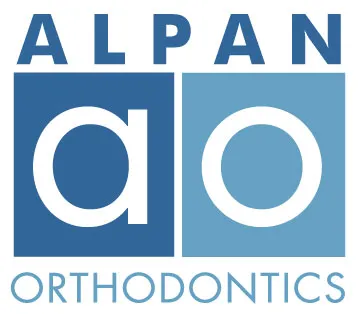LAS VEGAS, NEVADA – People have all sorts of preconceived ideas about orthodontic treatment when they come into the office. But many times the “facts” are actually fiction, according to Dr. David Alpan, a Larchmont Invisalign pro and orthodontist.
Here he addresses the four he and his staff hear most frequently about Invisalign. Find out if they are true or false.
Invisalign is only appropriate for simple orthodontic cases.
False. Most malocclusions can be treated with Invisalign, including Class II and III malocclusions, overbite and underbite. Some cases may require a combination of Invisalign and short-term traditional braces.
“I have even treated patients requiring complex surgical intervention with Invisalign,” says Dr. Alpan, a TMD dentist and pediatric orthodontic expert.
Invisalign treatment is not as stable as traditional braces.
False. Scientific evidence shows that there is no difference in stability between an orthodontic case treated with Invisalign or one treated with traditional braces. As people age, most of them will experience tooth movement, regardless of orthodontic treatment or wisdom tooth extraction.
“Retainers are essential to hold properly aligned teeth in place no matter what orthodontic treatment the patient received,” says Dr. Alpan, who also offers Damon system braces.
Invisalign treatment takes longer than other types of orthodontic treatment.
False. Treatment times vary from case to case, but Invisalign treatment time is comparable to other types of braces. One of the many benefits of Invisalign is that there are usually fewer office visits than other orthodontic treatment plans. Average treatment time with Invisalign is approximately one year.
Invisalign treatment is more expensive than traditional orthodontic treatment.
False. The cost for Invisalign treatment is comparable to that of traditional braces. Prices will vary depending on treatment goals, difficulty of the case, length of treatment, location and insurance coverage. Dr. Alpan’s practice offers in-house, no-interest payment plans and third-party financing making orthodontic treatment even more affordable.


